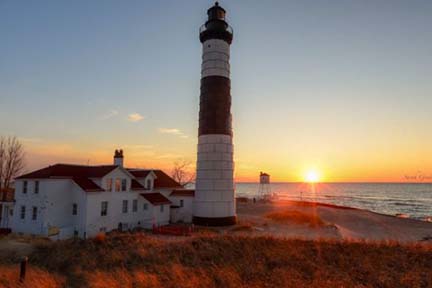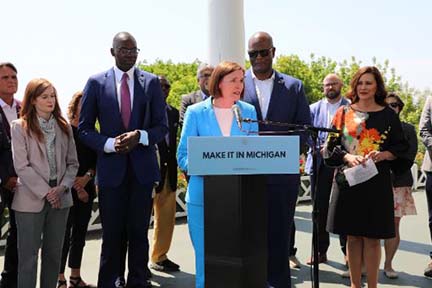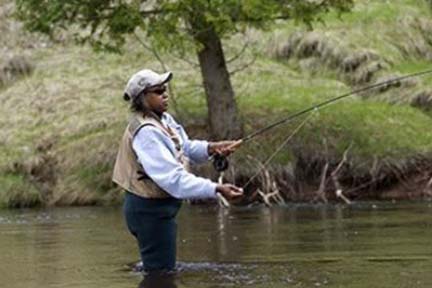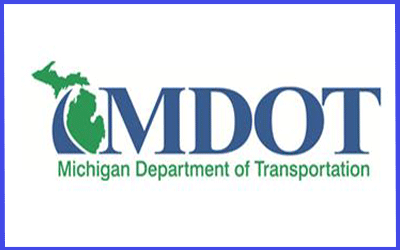
DNR News: $23.3 million in outdoor recreation development
|
|
||
 |
||
DNR News |
||
|

|
|
||
 |
||
DNR News |
||
|


FOR IMMEDIATE RELEASE July 31, 2023 Contact: [email protected]
Gov. Whitmer Signs ‘Make it in Michigan’ Budget Balanced, bipartisan FY24 budget lowers costs, grows the economy, and delivers on kitchen-table issues
LANSING, Mich. — Today, Governor Gretchen Whitmer signed a balanced, bipartisan general government state budget for Fiscal Year 2024 to grow the economy, lower costs, deliver on kitchen-table issues, and help anyone “Make it in Michigan.”
The FY24 budget, when combined with the education budget previously signed by the governor, lowers costs on health care, preschool, meals for kids, higher education, housing, and workforce training. Additionally, the fiscal year 2024 budget will help fix bridges, replace lead pipes, and protect public safety.
“The Make it in Michigan budget will lower costs, deliver on the issues that make a real difference in people’s lives, and help anyone ‘make it’ in Michigan,” said Governor Whitmer. “The budget protects public safety and improves access to health care, ensuring people feel safe in their neighborhood and have access to quality, affordable care that meets their needs. It supports our service members and veterans, connecting them and their families with the resources they deserve, and will build up all kinds of infrastructure so every family has safe roads, clean water, and affordable housing. Finally, it continues powering our economic development efforts to create tens of thousands of good-paying jobs, and bring manufacturing and supply chains home to Michigan. The Make it in Michigan budget builds on our economic momentum, and will help us build a brighter future for everyone who calls this great state home.”
“The budget signed into law by Governor Whitmer today funds programs and services that benefit residents across the state and saves money for a rainy day,” said State Budget Director Christopher Harkins. “This budget builds on the Governor’s previous success of delivering targeted tax relief and delivers investments to improve the lives of the people of our great state.”
The FY24 budget totals $81.7 billion, including a general fund total of $15.2 billion.
Fiscally Responsible, Balanced Budget The budget deposits $200 million into the Budget Stabilization Fund, or ‘rainy day fund,’ bringing the balance to nearly $2 billion by the end of FY24, an all-time high.
Public Health – Strengthening Families The budget makes critical investments to ensure Michigan families can access the care they need:
Public Safety – Keeping Communities Safe To keep families and communities safe and ensure police officers and first responders have the funding and resources they need, the budget invests:
Rebuilding Infrastructure From 2019 through the end of this construction season, nearly 20,000 lane miles of road and 1,400 bridges will be fixed. This budget continues to fix roads, replace lead pipes, build housing, and more:
Roads, Bridges, Transit, Electrification
Housing
Water, Parks, Agriculture, Environment
Economic Development To create good-paying jobs and bring manufacturing and supply chains home, the budget powers economic development efforts, including:
Additionally, $26.7 million is included to provide a 5% increase (4% ongoing and another 1% ongoing to communities that obligate all available ARP dollars) in statutory revenue sharing to help counties, cities, villages, and townships; and new dedicated statutory revenue sharing funds, 2% one-time, for public safety initiatives; plus, an additional $64 million over current year funding in constitutional revenue sharing payments.
|

|
|
|||||||||||||
 |
|||||||||||||
DNR August Events |
|||||||||||||
|

MDOT marks 10 years of Transportation Diversity Recruitment Program Fast facts: LANSING, Mich. - The Michigan Department of Transportation (MDOT) recently celebrated the 10th season of its successful Transportation Diversity Recruitment Program (TDRP) with a program showcase. The goal of the TDRP is to recruit and introduce underrepresented groups of students to transportation-specific career opportunities. The program offers Historically Black College and University (HBCU) students hands-on experience in civil engineering and other opportunities toward a career in transportation. State Transportation Director Bradley C. Wieferich reflected on the first decade of the program. “The TDRP, I think, is just one example of how we’re building diversity, equity and inclusion into the fabric of what we do. It’s opening the door, where in the past (these students) might not have ever had these opportunities maybe that I had when I was coming up. We need to make sure that we’re expanding the pipeline as much as we can across the industry and the TDRP is an excellent way of making sure that we’re tapping all the resources we need.” “I’m very happy that MDOT came up with the initiative to recruit students like me,” said Peter Oyewale, an Alabama A&M University student and TDRP intern in MDOT’s Southwest Region. “I’m an international student from Nigeria and when I came to the U.S., I knew it was going to be hard for me to get an internship because I didn’t have a U.S. experience.” Zaya Wright, a second-year TDRP intern from Southern University and A&M College, commented on her experience with the program. “An opportunity like this doesn’t come as often as people would think. I think this program means a lot, especially to students coming from HBCUs who really don’t have that representation. It has led me to meeting some amazing people and creating some amazing job opportunities for myself.” The TDRP runs from May to August each year. Requirements include being an engineering undergraduate student enrolled at an HBCU with at least a 2.0 GPA. Go to the program website at www.Michigan.gov/MI-TDRP for more information, or contact TDRP Program Coordinator James Jackson at 517-206-9369 or [email protected]. |